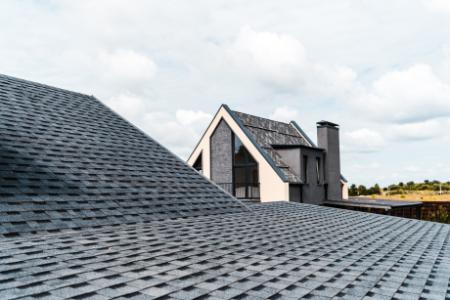What You Should Expect During a Roof Inspection

Roof inspections are an essential aspect of maintaining the longevity and integrity of your home. Your roof requires regular check-ups to identify potential issues before they escalate into costly problems. During a roof inspection, a professional roofing contractor will delve into the nuances of your roofing system, assessing everything from shingles to flashing, ventilation, and beyond. Understanding the inspection process not only helps you understand your home, but also ensures that your roof remains strong. Whether you're a first-time homeowner or a seasoned pro, this blog aims to equip you with the knowledge to navigate roof inspections confidently, ensuring a secure home for you and your loved ones.
Exterior Examination
The roof inspection kicks off with a comprehensive external assessment. Expect the roofing professional to meticulously examine the condition of your shingles, looking for signs of wear, damage, or other potential issues. They will also inspect the flashing around chimneys, vents, and skylights to ensure a watertight seal.
Gutters and Downspouts
A crucial aspect of the inspection involves evaluating the functionality of your gutters and downspouts, checking for debris blockages, proper alignment, and signs of damage. Efficient drainage is vital to prevent water buildup and potential water damage to your home's foundation.
Ventilation Assessment
Proper ventilation is key to a healthy roof. During the inspection, experts will examine the attic space and ventilation system to ensure that your roof's airflow is adequate. Poor ventilation can lead to issues like mold growth and premature deterioration of roofing materials.
Flashing and Sealant
Flashing, the metal strips that provide an extra layer of protection around roof features, and sealants play a crucial role in preventing leaks. Expect inspectors to scrutinize these components for signs of deterioration or damage, ensuring they are intact and effectively sealing vulnerable areas.
Interior Water Damage Inspection
A comprehensive roof inspection involves not only the exterior but also an examination of the interior spaces. Inspectors will also look for water stains on ceilings, walls, and in the attic, indicating potential roof leaks. Identifying these signs early can prevent further interior damage.
Detailed Documentation and Recommendations
Following the inspection, expect a detailed report outlining the findings. This documentation may include photographs and a list of recommendations for any necessary repairs or maintenance. A transparent and clear report helps you understand the current condition of your roof and plan for any needed improvements.